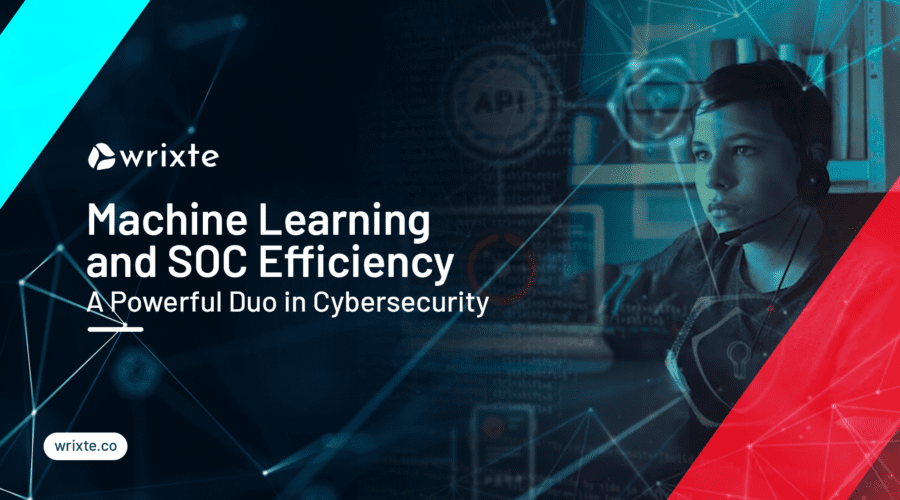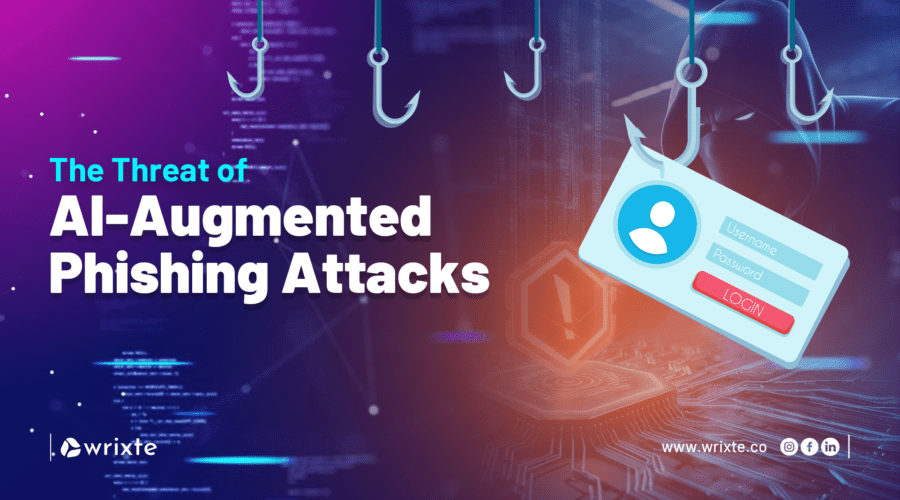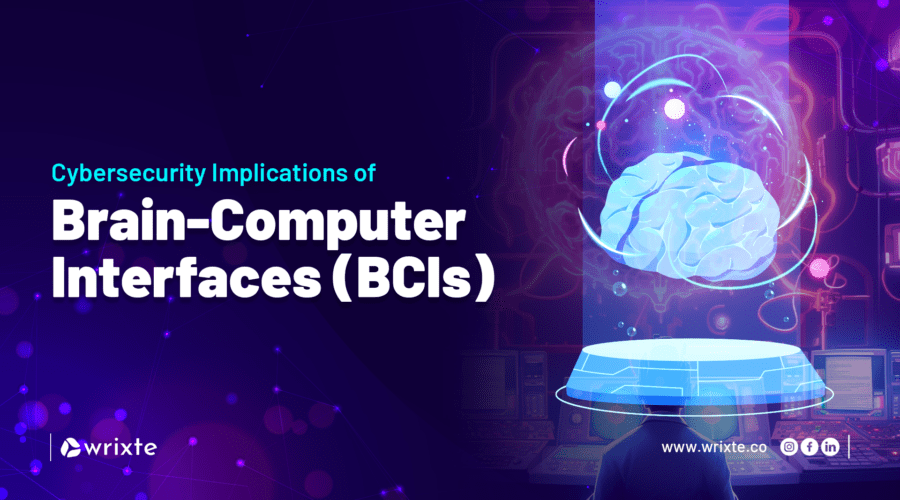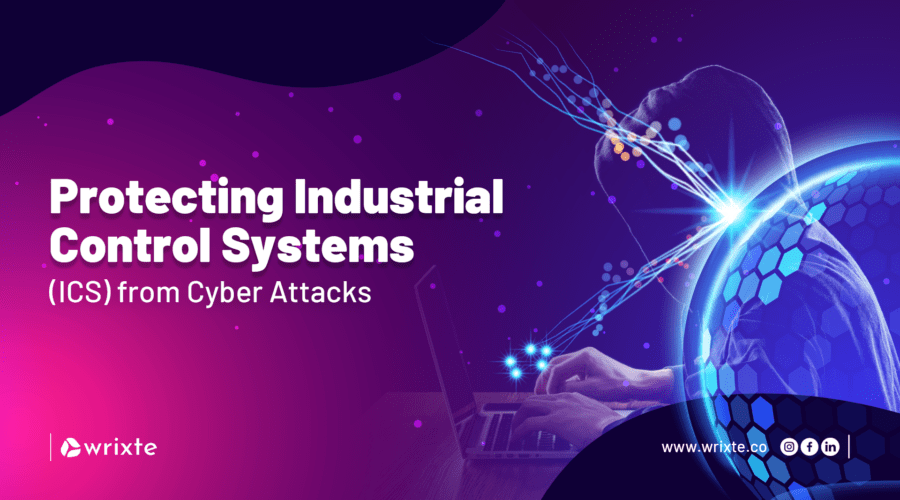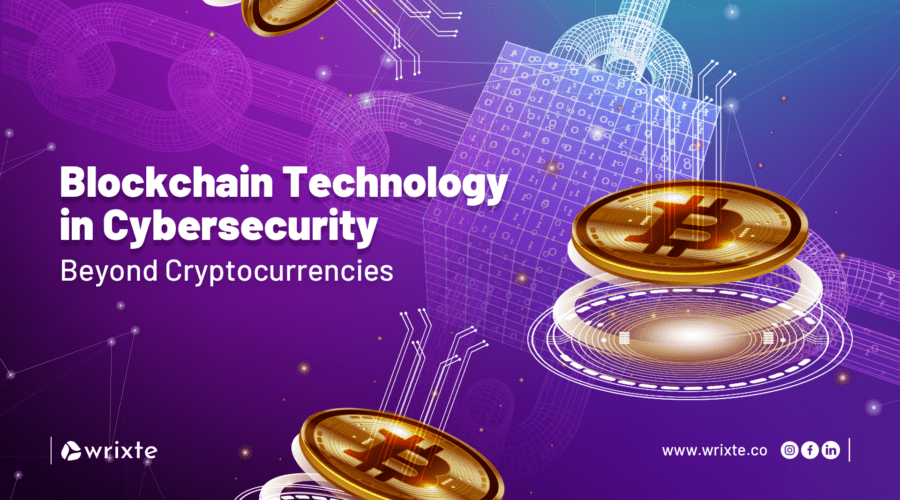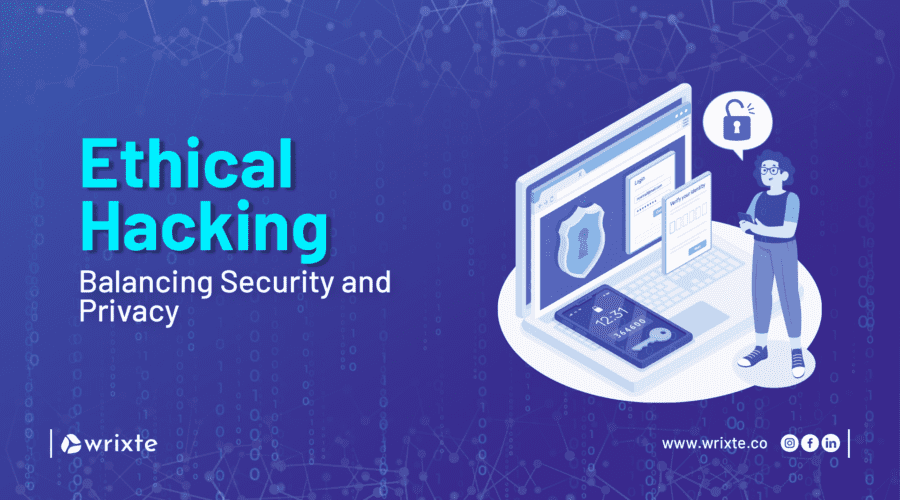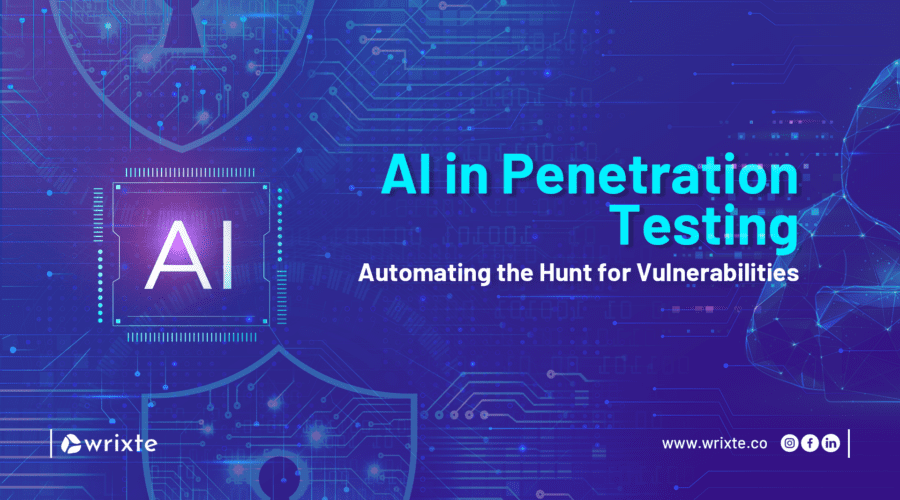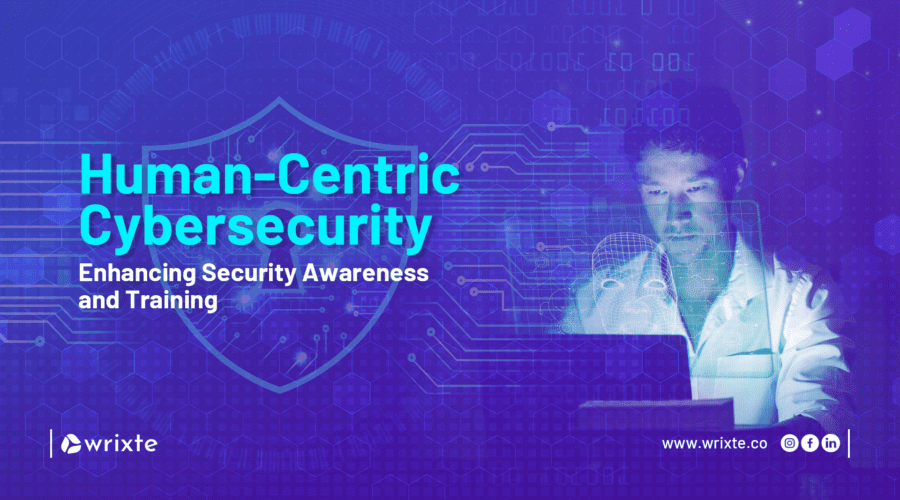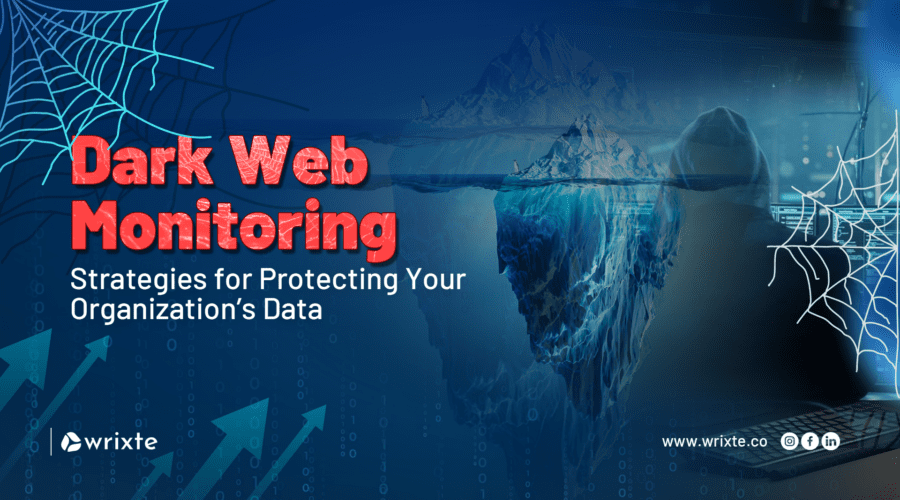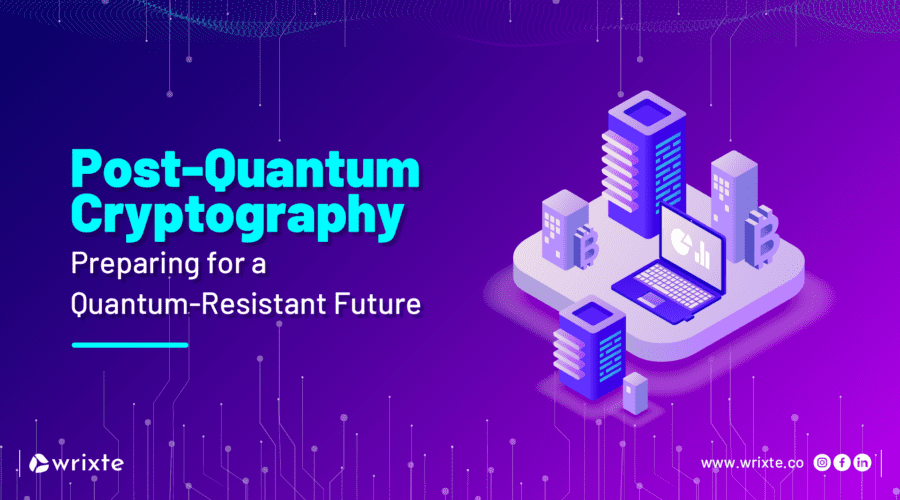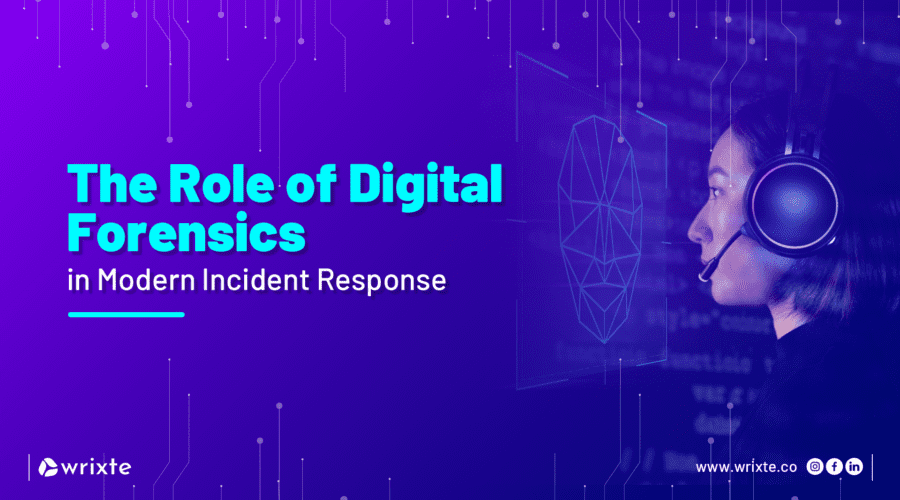Zero Trust Architecture: Moving Beyond Traditional Security Perimeters
In the evolving world of cybersecurity, the Zero Trust Architecture (ZTA) has emerged as a significant departure from conventional security frameworks. Unlike the traditional model that relies heavily on network perimeters, ZTA shifts the focus to a more granular, identity-centric approach. Its core principle— "never trust, always verify"—reflects the growing
Read MoreMachine Learning and SOC Efficiency: A Powerful Duo in Cybersecurity
In the ever-evolving landscape of cybersecurity, staying ahead of threats demands not just vigilance but an intelligent and adaptive approach. This is where the powerful duo of Machine Learning (ML) and Security Operations Center (SOC) efficiency comes into play, revolutionizing how organizations defend against cyber threats. In this blog post,
Read MoreThe Threat of AI-Augmented Phishing Attacks
As artificial intelligence (AI) continues to evolve, its applications are being leveraged in ways that extend far beyond ethical use. Among the most alarming developments in cybersecurity is the rise of AI-augmented phishing attacks. Phishing, long considered one of the simplest and most effective social engineering tactics, has become far
Read MoreProtecting Industrial Control Systems (ICS) from Cyber Attacks
Industrial Control Systems (ICS) are at the core of critical infrastructure operations across industries such as energy, manufacturing, water treatment, and transportation. These systems, which include Supervisory Control and Data Acquisition (SCADA) networks and Distributed Control Systems (DCS), are designed to control and monitor industrial processes. However, with the rapid
Read MoreCybersecurity Implications of Brain-Computer Interfaces (BCIs)
Brain-Computer Interfaces (BCIs) are at the frontier of technology, enabling direct communication between the brain and external devices. Originally designed for medical applications such as restoring mobility for paralyzed patients or enhancing cognitive function, BCIs have garnered attention from tech giants and researchers alike. While the potential benefits of BCIs
Read MoreBlockchain Technology in Cybersecurity: Beyond Cryptocurrencies
Blockchain technology has risen to fame through its association with cryptocurrencies like Bitcoin. However, its underlying framework presents far more potential than merely powering digital currencies. Its immutable and decentralized nature offers a paradigm shift in the way industries approach data integrity, privacy, and security, especially in the world of
Read MoreEthical Hacking: Balancing Security and Privacy
The term “hacker” often evokes images of malicious individuals breaching security systems for nefarious purposes. However, ethical hacking stands in stark contrast, serving as a legitimate practice aimed at safeguarding digital landscapes. Ethical hackers, also known as white hat hackers, use their skills to identify vulnerabilities and bolster security, all
Read MoreAI in Penetration Testing: Automating the Hunt for Vulnerabilities
The cybersecurity landscape is in constant flux, with new threats emerging every day. Traditional penetration testing, while effective, is becoming increasingly labor-intensive and time-consuming as the complexity and scale of IT environments grow. Enter AI-driven penetration testing—an innovative approach that leverages artificial intelligence to automate the detection of vulnerabilities and
Read MoreHuman-Centric Cybersecurity: Enhancing Security Awareness and Training
As technology advances, the complexity and sophistication of cyber threats grow exponentially. While robust technical defenses are crucial, they often fall short without a comprehensive focus on the human element. This is where human-centric cybersecurity comes into play, emphasizing the need for enhancing security awareness and training to fortify the
Read MoreDark Web Monitoring: Strategies for Protecting Your Organization’s Data
The dark web represents a formidable threat to organizations. This hidden part of the internet, notorious for illegal activities, serves as a marketplace for stolen data, compromised credentials, and other sensitive information. With data breaches becoming increasingly common, dark web monitoring is a crucial strategy for protecting an organization's digital
Read MorePost-Quantum Cryptography: Preparing for a Quantum-Resistant Future
In the coming decades, quantum computing is poised to revolutionize industries, from pharmaceuticals to finance. While this technology holds enormous promise, it also brings serious security concerns. Modern cryptographic systems, including RSA and ECC, which are the foundation of digital security today, will be rendered vulnerable by quantum computers capable
Read MoreThe Role of Digital Forensics in Modern Incident Response
In today's cybersecurity landscape, the intersection of digital forensics and incident response has become critical for organizations facing increasingly sophisticated cyberattacks. The evolving threat landscape necessitates a robust framework where digital forensics plays a crucial role in investigating incidents, recovering evidence, and improving overall security posture. In this blog, we
Read More
